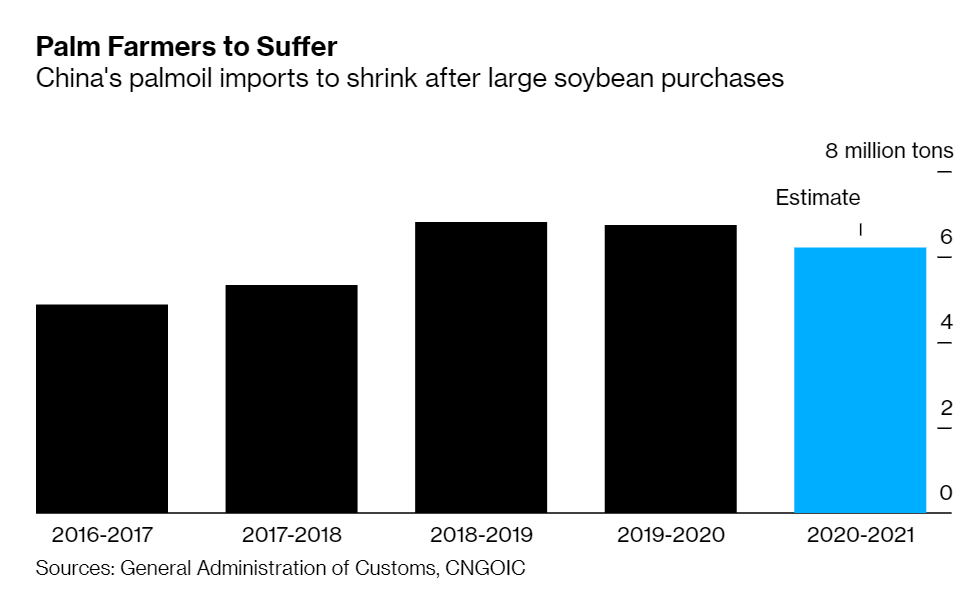The heat on palm oil companies is turning up. In December 2020, the US House Ways and Means Committee asked the United States Customs and Border Protection whether it had considered a blanket ban on palm imports from Malaysia and Indonesia, citing the Associated Press investigative piece on widespread labour abuses, which include rape, child labour, and hazardous working environments, within the sector. While acknowledging the USCBP’s recent efforts in penalising companies suspected of using forced labour, the 25 legislators in a formal letter raised concerns about the limitations of imposing import bans in curbing forced labour problems as a whole, explaining that “these odious labor practices and their pervasive impact across supply chains highlight the need for an aggressive and effective enforcement strategy.”
It may be harder to allay lawmakers’ concern without clear data evidence from producer companies and countries about incidence rates and measured improvements. Segi Enam principal Khor Yu Leng pointed that while there is a Jakarta-based council set up to address the concerns linked to palm oil production, the council has yet to “show any muscle.” There is also an newly established ASEAN-EU ministerial-level Joint Working Group on Palm Oil, which seeks to address sustainability concerns associated with palm oil. With the first meeting just only held in late January 2021, its true effect on the industry remains to be seen.











